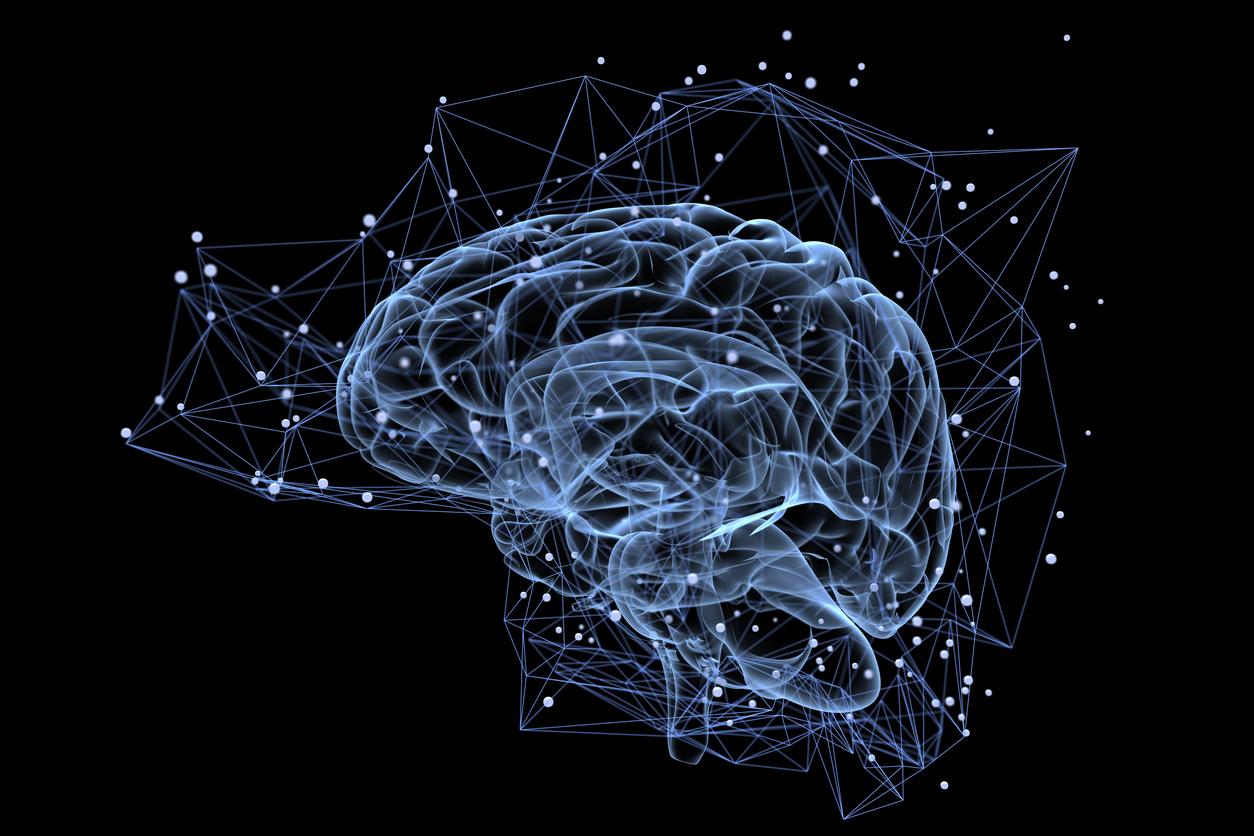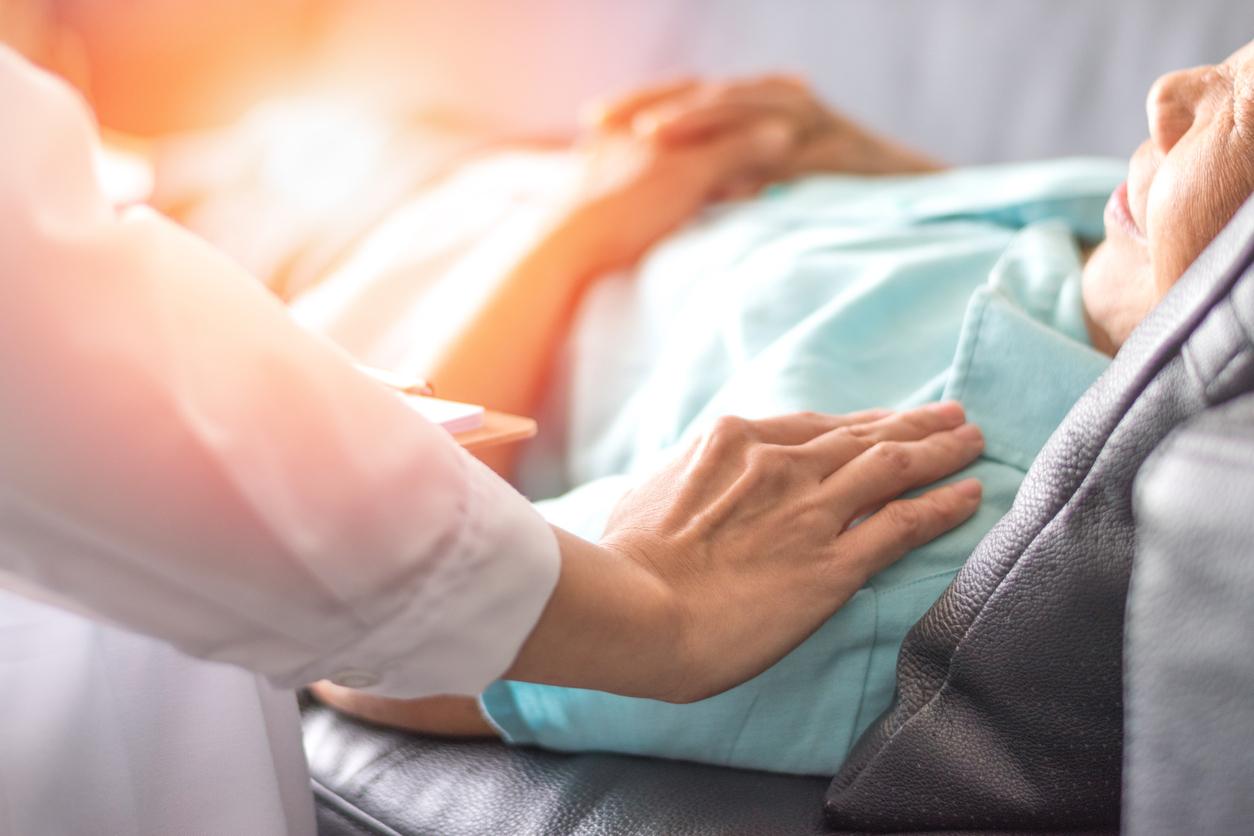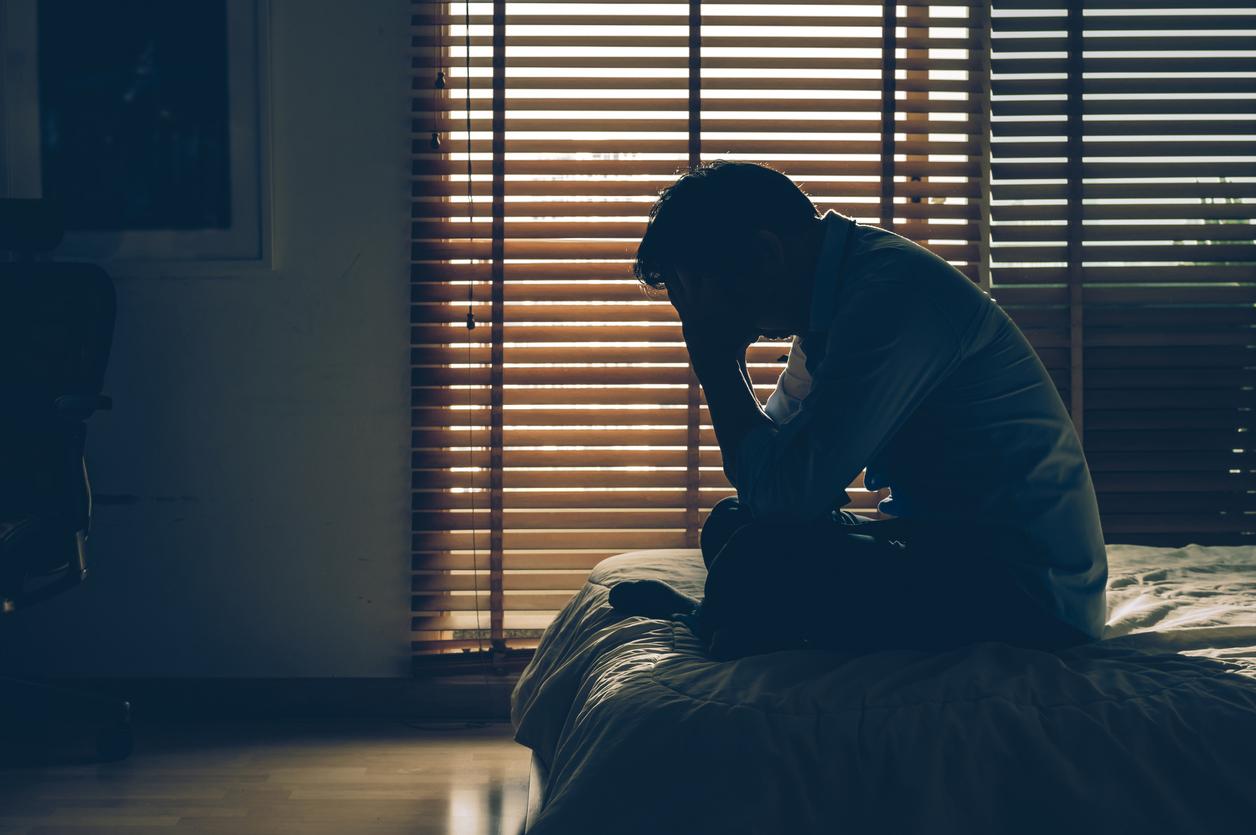With the health crisis, anxiety and anguish punctuate our days. Near 30% of French people are even now affected by anxiety or depressive disordersaccording to figures from Public Health France.
In everyday life, anxiety occurs for a multitude of reasons: making a phone call, taking the subway, going to crowded places, talking to strangers… In too high a dose, the Anxiety paralyzes and affects the body with, for example, pain in the chest, increased heart rate, tremors…
Draw strength from anxiety
But according to the New York Times, anxiety could have beneficial effects, in small doses. Better performance, focus on your professional or personal life or better organization, anxiety gives additional strength that should not be neglected when you suffer from it.
“The emotion of anxiety and the resulting physiological stress have evolved to protect us,” explains Wendy Suzuki, neuroscientist and author of Good Anxiety, which will be released in France in March. Anxiety would therefore ultimately not be so harmful as that.
For Seth Gillihan, a psychologist in Philadelphia, also interviewed by the New York Times, in some situations, we tend to focus on our anxiety when it is not the real problem. It is then that she makes you aware of what you need to change around you to get better.
To a certain degree, anxiety makes it possible to anticipate obstacles, to stay alert and above all organized. But if anxiety is making you feel out of sorts more often or preventing you from living your life the way you want, it’s worth seeking help from a mental health professional.
Sources:
- CoviPrev: a survey to monitor changes in behavior and mental health during the COVID-19 epidemic, February 2022.
- The Upside of AnxietyThe New York Times, January 2022.
Read also:
- Depression: 9 Symptoms You Shouldn’t Ignore
- Are you nervous and having trouble breathing? that’s why
- What is the “hangxiety”, which occurs the day after (too) alcoholic evenings?























